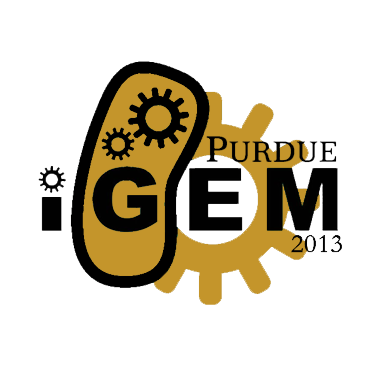Synthetic biology has always strived to prove that classical engineering principles are applicable in the field of science; however, several key challenges have yet to be overcome.
These include designing robust genetic circuits, predictive expression of proteins, and a standardization of how we, as synthetic biologists, characterize our parts to be continually utilized in ever changing systems. The Taguchi Method is a statistical way to analyze a set of parameters, for example which promoter to use with a gene of interest, and determines a set of experiments to determine which combination of the parameters gives the most robust system to outside noise such as E. coli strain.
Optimization of protein expression is done by introducing multiple shine dalgarno sequences into cistrons containing the gene of interest.
Finally, collaboration among teams allowed for a new standardized form of submitting characterization of parts to the Parts Registry.
These combined help move the field of synthetic biology one step closer to being able to successfully prove that biology can in fact be engineered.
 "
"
